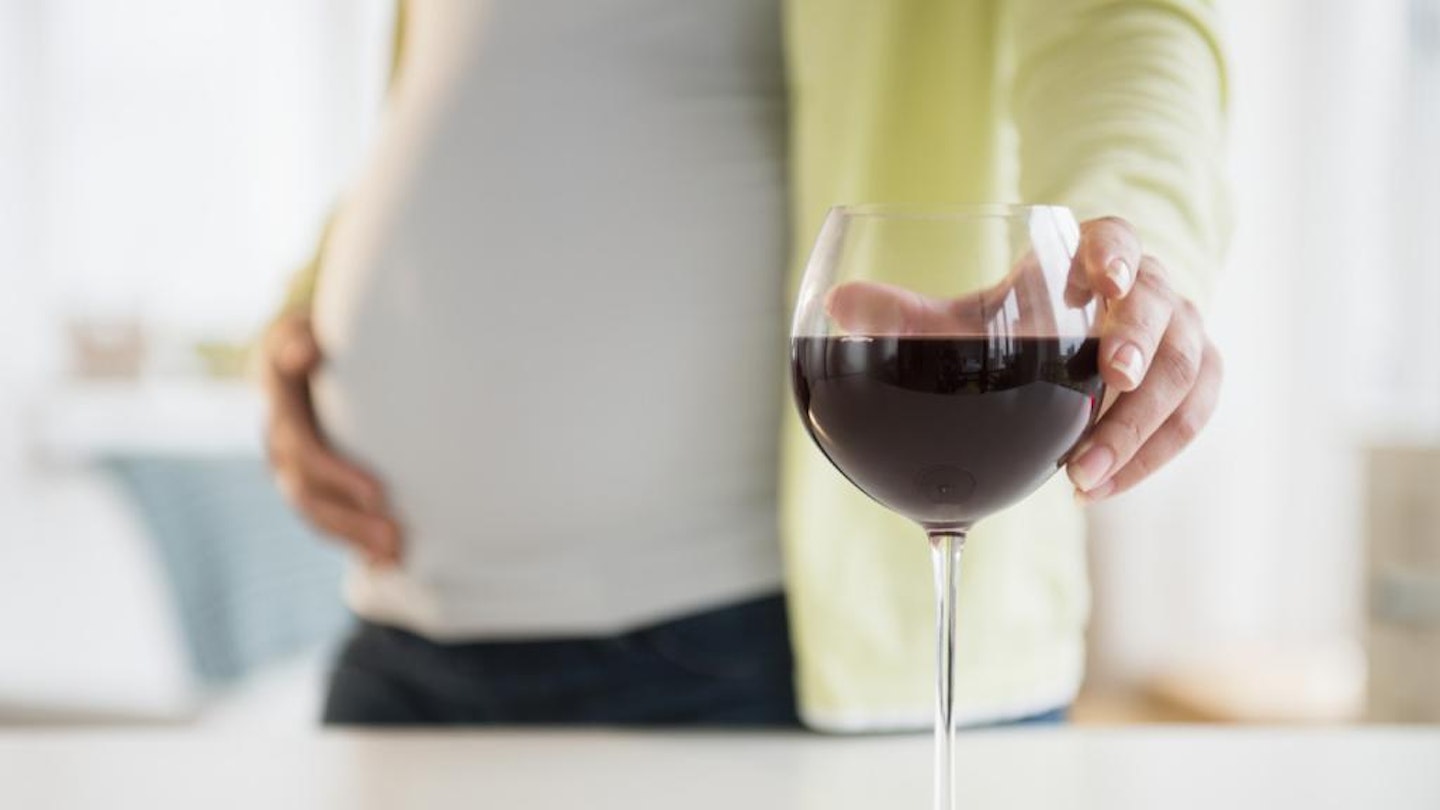The Chief Medical Officers for the UK recommend that if you’re pregnant, or planning to become pregnant, the safest approach is not to drink alcohol at all.
For some pregnant women the mere sniff of alcohol kickstarts a hormone-led revulsion. For others, giving up your Friday-night tipple and opting for water in a restaurant can seem, well, a little dull.
Binge drinking isn’t great at the best of times – and it’s a definite no-no now you’re pregnant. And it’s an opportunity to be the smug ‘Oh you were drinking last night, were you?’ person in the office for once.
That said, you still need to socialise and chances are your non-pregnant friends won’t choose alcohol-free venues for every catch-up. So we’re going to show you how to party safely while you’re pregnant.
Alcohol and pregnancy don’t mix
Your body’s busy building a baby – it doesn’t want you to be drunk. When you drink alcohol in pregnancy, it crosses the placenta and the alcohol levels in your baby’s blood rise as high as your own.
An unborn baby’s liver can’t break down alcohol as fast as yours because it’s immature, which means the baby is exposed to greater levels of alcohol than you, and for longer.
Constant drinking in pregnancy can even lead to foetal alcohol syndrome (FAS). This condition results in babies with heart and kidney problems, and abnormal facial features such as a small head, a flat face, narrow eye slits and a loss of the groove between the nose and lips. Children with FAS also tend to be hyperactive, unable to concentrate and have poor social skills.
Drinking before you know you’re pregnant
If you’ve just found out you’re pregnant and are having flashbacks of drunkenly dancing on tables just a week before – you’re not alone. Unknowingly drinking in very early pregnancy is not uncommon given that most women don’t know they are pregnant for several weeks.
The Drinkaware Trust advises women not to panic if you’ve been drinking above the government’s daily unit guidelines. Talk to your GP or midwife if you have any concerns. Just because you’ve drunk doesn’t mean you’ve necessarily done damage.
What needs to be avoided is consistent drinking. Lots of women drink when they don’t know they’re pregnant and go on to have perfectly healthy babies – let’s be honest, many babies even get conceived that way!
How much can you drink in pregnancy?
According to the NHS, “The Chief Medical Officers for the UK recommend that if you’re pregnant, or planning to become pregnant, the safest approach is not to drink alcohol at all, to keep risks to your baby to a minimum”.
It is important not to get drunk or binge drink – this is defined as drinking 7.5 units of alcohol (about four pints of weak lager, shots or glasses of wine) or more on a single occasion. Binge drinking during pregnancy can cause your baby serious developmental and behavioural problems.
Get experimental
While you are pregnant and not drinking booze, you don’t have to sit there glumly with your tap water while your friends clink glasses and get the wine giggles. Getting experimental about alcohol-free drinks can give your pregnant nights out as much of a party air as any other.
Lots of bars have fabulous virgin cocktail menus, with mixologists dedicated to making delicious alcohol-free drinks. An advantage of ‘mocktails’ is you can have as many as you like – and the very best ones do a pretty good job of tasting like your usual.
Not drinking also means you save a lot of cash!
Related: Can I get a tattoo when pregnant?
Popular articles to read next
The best non-alcoholic drinks, including gin and wine alternatives
